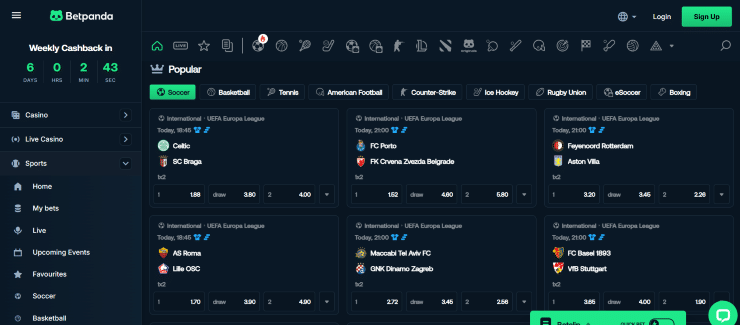Insightful Updates
Stay informed with the latest news and trends.
Betting on Blockchain: Exploring the Future of Crypto Item Models
Discover the game-changing potential of blockchain in crypto item models and how it's reshaping the future of betting!
What Are Crypto Item Models and How Do They Work?
Crypto item models refer to various frameworks that define the structure and functionality of digital assets in the world of cryptocurrencies and blockchain technology. These models can include non-fungible tokens (NFTs), fungible tokens, and various types of digital collectibles, each serving unique purposes within different ecosystems. For instance, NFTs are often used to represent ownership of unique digital items, such as art, music, or in-game assets, while fungible tokens, like Bitcoin or Ethereum, are interchangeable assets used as a medium of exchange. Understanding these models is crucial for anyone looking to navigate the growing digital marketplace.
The way crypto item models work is largely governed by smart contracts, which are self-executing contracts with the agreement directly written into code. When a transaction occurs, the smart contract verifies and executes the terms, ensuring authenticity and security without the need for intermediaries. Additionally, these models leverage blockchain technology to maintain a transparent and unchangeable record of ownership and transactions. This decentralization not only enhances security but also fosters trust among users, making it a cornerstone for the future of digital asset management.

Counter-Strike is a popular first-person shooter game that pits teams of terrorists against counter-terrorists in various objective-based scenarios. Players can enhance their gaming experience by using a csgoroll promo code to unlock unique features and bonuses. With its competitive gameplay and a thriving esports scene, Counter-Strike remains a favorite among gamers worldwide.
The Impact of Blockchain Technology on Betting Markets
Blockchain technology is revolutionizing various industries, and the betting markets are no exception. By leveraging decentralized systems, blockchain enhances transparency, security, and efficiency in betting transactions. Unlike traditional betting platforms that rely on centralized databases, blockchain provides a tamper-proof ledger that records all betting activities in real-time. This means that users can easily verify the integrity of each bet and the fairness of the outcome, significantly reducing the risks of fraud and manipulation. The use of smart contracts further automates payouts and ensures that bets are settled instantly, resulting in a seamless user experience.
The integration of cryptocurrencies into the betting ecosystem is another significant impact of blockchain technology. Players can bet using digital currencies, offering greater anonymity and quicker transactions compared to traditional payment methods. Additionally, with lower transaction fees associated with cryptocurrency payments, both operators and bettors can benefit financially. As the popularity of blockchain-based betting platforms grows, we can expect to see a shift in how users engage with betting markets, promoting a more inclusive and user-centric betting experience.
Future Trends in Crypto Betting: What to Expect in the Next Decade
The world of crypto betting is poised for significant transformation over the next decade. As technology continues to evolve, we can expect a surge in decentralized platforms that prioritize user privacy and security. These platforms will likely leverage blockchain technology to provide transparent and tamper-proof betting experiences, allowing users to engage in transactions without the need for traditional financial intermediaries. Furthermore, as cryptocurrencies gain wider acceptance, we may see an increased integration of smart contracts, enabling automated payouts and more complex betting options.
In addition to technological advances, the regulatory landscape surrounding crypto betting will play a crucial role in shaping its future. As more countries begin to recognize and regulate cryptocurrencies, we can anticipate clearer guidelines for online betting platforms. This regulatory evolution may lead to enhanced consumer protection measures and foster greater trust in crypto betting solutions. Moreover, the integration of AI and machine learning in betting algorithms may further refine user experiences, offering personalized recommendations and optimizing betting strategies for enthusiasts and novices alike.